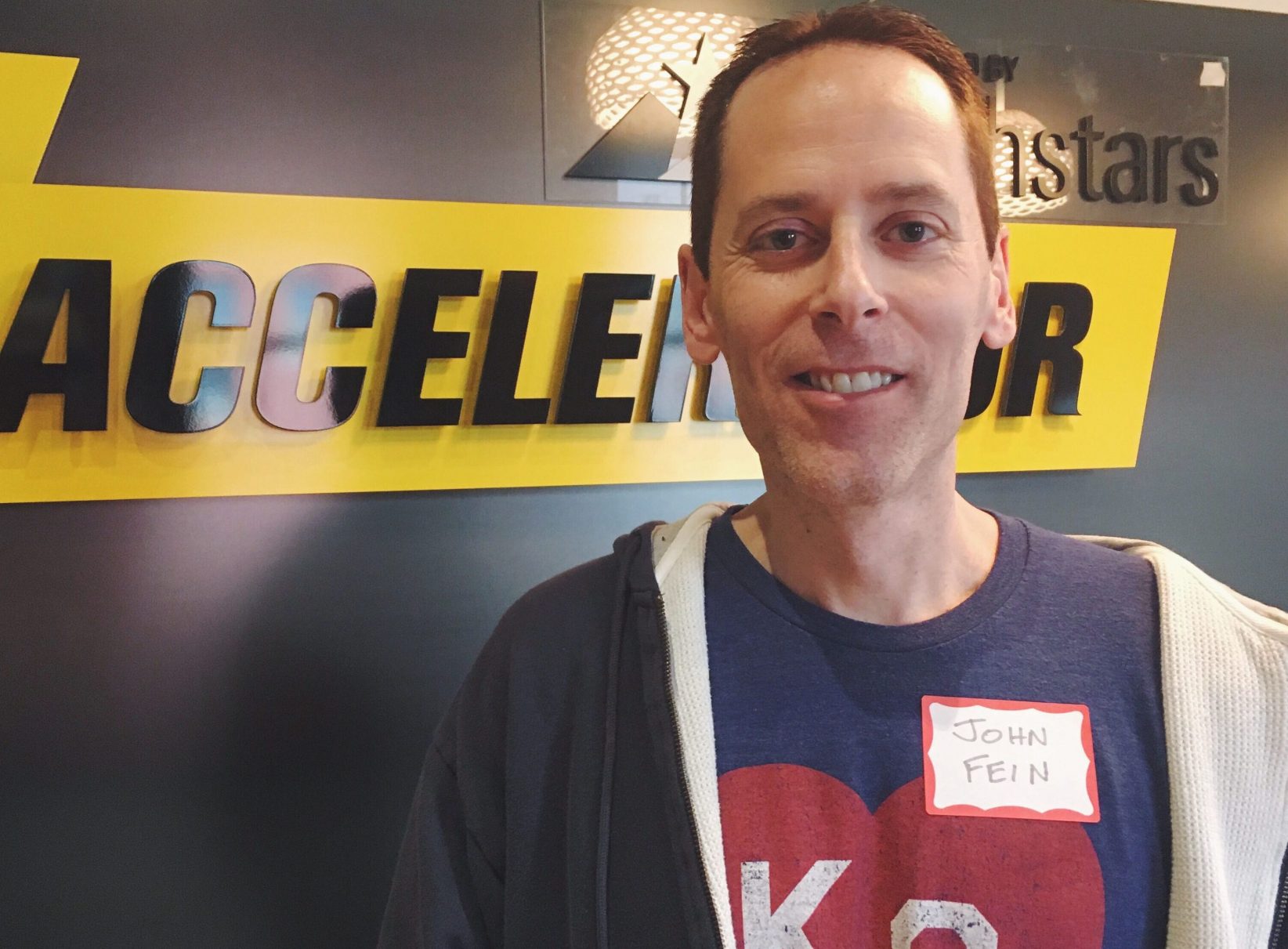Editor’s Note: John Fein recently announced his departure from Techstars to lead a new $7 million venture fund. The opinions expressed in this commentary are the author’s alone.
For the past three Techstars programs in Kansas City, the most important aspect of my job as managing director has been deciding which companies to invite into our program. In addition to these founders becoming “Techstars for life,” we invest capital and lots of time helping them accelerate and become successful. So each year I made a point to get to know the founders as well as possible before the final decisions were made.
Now that I’m launching Firebrand Ventures, this same approach is a critical part of deciding which entrepreneurs Firebrand will invest in. I need to know what makes these founders tick. Are they truly obsessed with solving a big problem? Do they have the business and emotional IQ to handle the stresses of startup life while staying laser-focused on execution? Would I be excited to work closely with these founders for the next five to 10 years?
Funding is all about relationships! Here are eight things you should know about building relationships with investors.
1. Investors are really investing in YOU, not just your company
Most investors, especially at the early stage, are betting on you and your team at least as much as your product and market. They want to know why you’re obsessed with solving a problem, what’s your big vision, and if you have the business skills and temperament to withstand the upcoming trials and tribulations. If investors don’t get to know you as people and entrepreneurs, how can they judge if you have what it takes to succeed?
2. Relationships are especially important in Kansas City
Like other midwestern communities, KC is close-knit and conservative. Most investors here need a high comfort level in entrepreneurs before they’ll invest in them. It also helps immensely if a founder is well-known and well-respected in the community.
3. Investors want to track your progress
At Techstars, I always began recruiting for our accelerator program months before our applications opened. I wanted to get to know the applicants and I also wanted to track the progress of the most promising ones. Seeing their progress over four to five months before the program started gave me a hint of what kind of traction they’d achieve during and after the accelerator. Similarly, noted venture capitalist Mark Suster famously blogged about “lines, not dots.” Not all investors take this “lines, not dots” approach, but many do.
4. Don’t wait until you need to raise capital
You should start getting to know your investors at least six months before you need to raise. You can get comfortable with each other and investors can hopefully see some solid progress. The ideal scenario is when investors are ready to invest as soon as you open your round.
5. Investors are not bags of money with arms and legs
The key is to go beyond the surface and make a real effort to get to know the investor too. Scour their LinkedIn, their bio on their website, and any interviews of them on YouTube. It’s not just about business. What are their hobbies? What college did they attend? Finding things you have in common can be a great way to build a rapport. Believe it or not, investors are human beings too! Connecting on a personal level is a huge plus.
6. The investor-entrepreneur relationship is like a marriage
Actually these relationships can last longer than some marriages! Both parties have to be comfortable spending lots of time together. This partnership will endure some very stressful times so it needs to be built on mutual respect and support, and basically just liking each other.
7. Building these relationships is easier than you think
After you get a warm intro, the best way to kick things off if they’re local is to ask them to grab a cup of coffee because you’d love to get their feedback on your business. Most investors enjoy giving advice so ask for it. If they’re not local, try for a Skype or Google Hangout. And make it easy for them — be responsive, be flexible, suggest several time slot choices via email, and send them the calendar invite after you agree on a time. Remember: if you want money, ask for advice; if you want advice, ask for money.
8. It’s not a lost cause if they don’t invest
If you put in the time and the investor decides not to invest, it’s not a waste of time. Even though your short-term priority is fundraising, building a network of good people is crucial for the long term. Maybe this investor can refer you to others who want to invest, or they could be a great mentor or advisor. Yes, sometimes the investor just moves on with no intention of keeping in touch, but in most cases you’ll gain a great contact at the very least.
As a past founder, I’ve been there. Fundraising can be a slog and it’s super stressful when your runway is short. In your first meeting with an investor you’re probably thinking, “are you ready to write the damn check yet?!” But building a relationship doesn’t take as long as you think, and if you hit it off with someone great you could have a champion for life.
Now get out there and start scheduling those coffee meetings!
John Fein is the managing director of Firebrand Ventures. He’s also on the advisory boards of Techweek KC and LaunchKC.




































